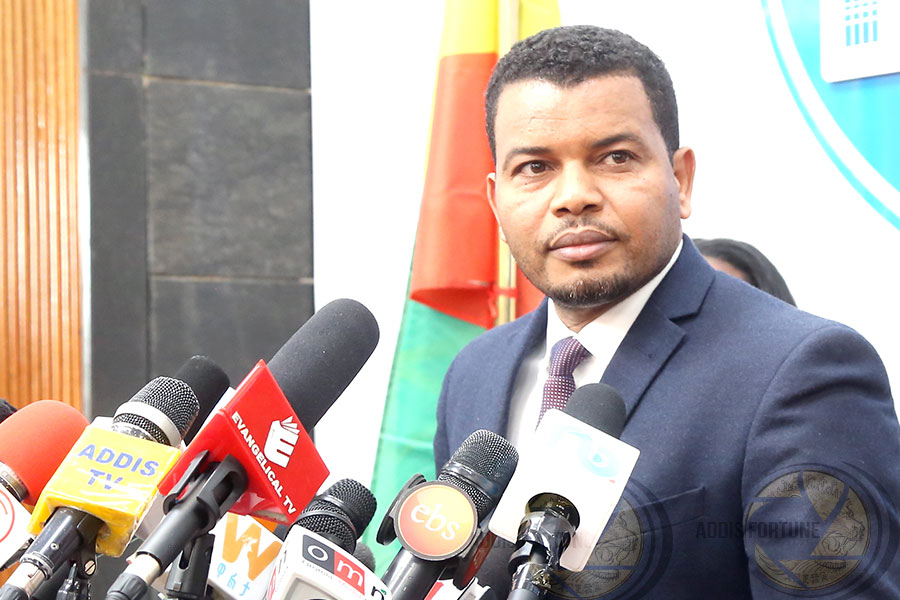
Fortune News | Aug 17,2019
Oromia Regional State President Shimeles Abdisa introduced a land lease directive for flower farm investors a month ago, featuring new lease rates based on proximity to city centres categorising the region into six areas. It is seen as a milestone by regional land management officials, to boost urban agriculture.
A total of 143 towns are included, from the least to the most urbanised areas, each with corresponding lease and rent rates ranging from 1.84 Br for a square meter to 4.04 Br. Leases are set for 15 years, with payments spread over seven years and a 10pc down payment required upfront.
This is the first such lease rate introduction in the region, following a three-year study by the Oromia Land Bureau. Officials expect it will lay a foundation for urban agricultural land leases, improving regulation, revenue collection, and investment opportunities in the floriculture sector.
According to Yilma Sisay, the land planning & program director at the Bureau, the rates are designed to align urban cities with appropriate revenues to expand floriculture. He believes it will bring transparency, boost government revenues, and properly document landholding rights.
"Investor expectations and policy requirements will match," Yilma told Fortune. "The benefits depend on the returns it brings to the region."
Nearly 70pc of horticulture exporters in the country are found in the regional state. Urban areas like Bishoftu (Debre Zeit), Batu (Zeway), and Holeta towns, cultivate roses, summer flowers, and cut flowers.
Lease rates will be revised every 15 years based on inflation rates and market value. The directive applies to land provided through bids or allotments to determine exact land use. Sheger City falls under the Metropolis category, while Regiopolis includes Bishoftu, Shashemene, and Adama towns. Prime cities include Maya, Robe, Nekemt, and Jimma, with Batu and Holeta among the Higher cities.
Officials from the region's Investment Bureau have identified poor land policy as a major factor in the underdevelopment of the floriculture industry, with only 72 flower investment licenses issued from 25,000 permits over the past 32 years.
Dereje Abdena, investment information director at the Bureau, said defined lease rates will also help bridge investment gaps, and improve the business environment, increasing foreign direct investment (FDI).
"It’s a step to attract investors," Dereje told Fortune.
Ethiopia has seen major success in flower exports since the mid-2000s, reaching 225 million dollars in 2015 and over half a billion last year. However, FDI rates have declined, dropping by 16.4pc to 3.3 billion dollars last year.
Horticulture Producers & Exporters Association (EHPEA) has welcomed the policy shift in Oromia, with 72pc of its 126 members operating in the region. Its president, Tewodros Zewdu, believes that land-holding rights will majorly boost floriculture investments. He recalled several appeals to regional bureaus for a thorough landscape study.
"Several investments have been left in limbo," Tewodros told Fortune.
A World Bank report indicates that sub-Saharan countries face elevated risks of disputes due to underdeveloped property rights. Despite Ethiopia's potential in flower exports, ranking second in Africa after Kenya, policy issues have often delayed expansive projects.
Herberg Roses Ethiopia exports an average of 100 million rose stems annually to the United Kingdom and the Netherlands from a 40hct farm in Batu. The Dutch-based company has been seeking land-holding rights to expand to 100hct for several years.
Jolis Klijis, general manager of Herberg, said they could not secure financing for expansion due to the lack of land-holding rights.
"Bureaucratic inefficiencies and frequent changes to administrative structures, including tax policy, have made the business environment unpredictable," Jolis told Fortune. "We have plans, but we must see how practical they are."
Despite a 100 million dollar drop in flower exports last year, Ethiopia remains one of the top six exporting countries over the past five years.
Agricultural economist Abebe Dagnaw (PhD) views the policy shift as a desperate attempt to attract foreign currency. He observes the need to balance attracting foreign investment with lowering damage to underground water resources, community health, and soil fertility in the region.
"A realistic assessment of environmental impacts is crucial," Abebe told Fortune.
Abebe urges regulators to examine the impacts of floriculture expansions. He said regulated expansions prevent declines in crop farming and production shortages, noting that flower farmland often becomes unsuitable for other agricultural use due to intensive resource use.
"It should not all be about foreign currency," he said.
PUBLISHED ON
Jun 08,2024 [ VOL
25 , NO
1258]

Fortune News | Aug 17,2019
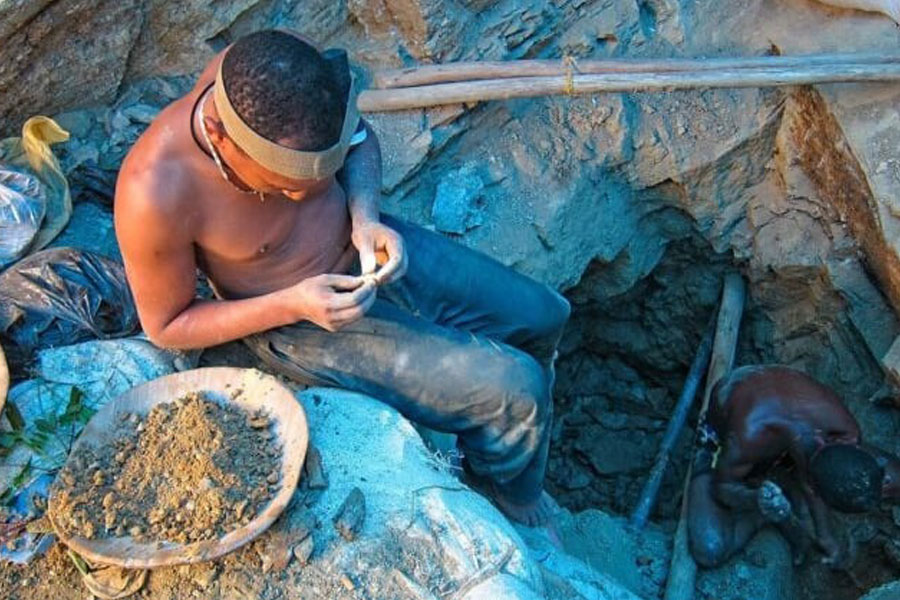
Fortune News | Mar 30,2024
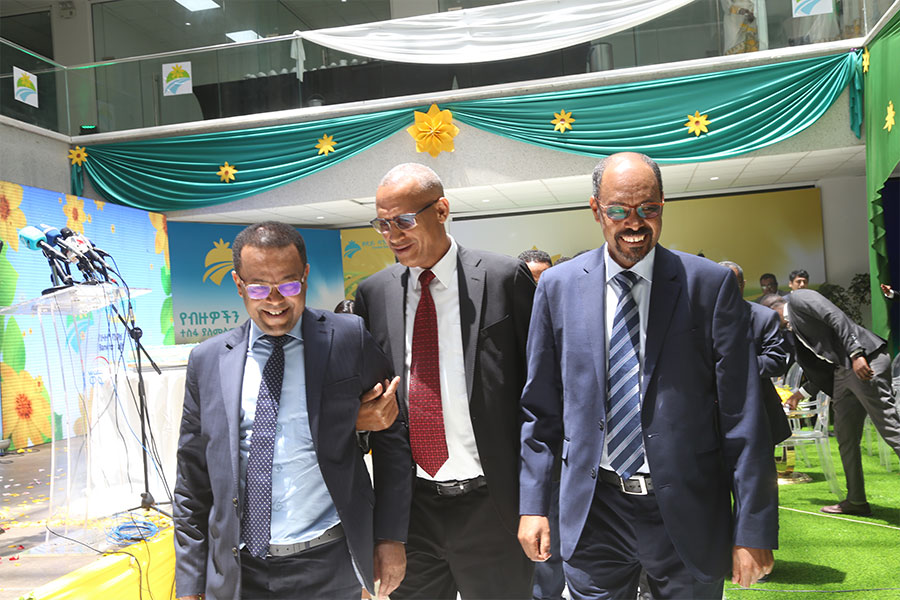
Fortune News | Sep 24,2022
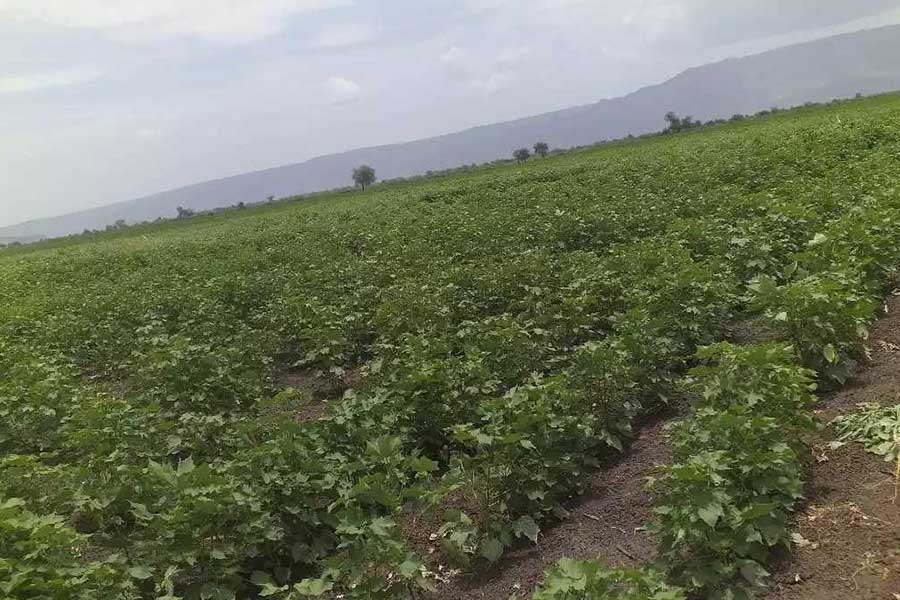
Featured | Oct 11,2020
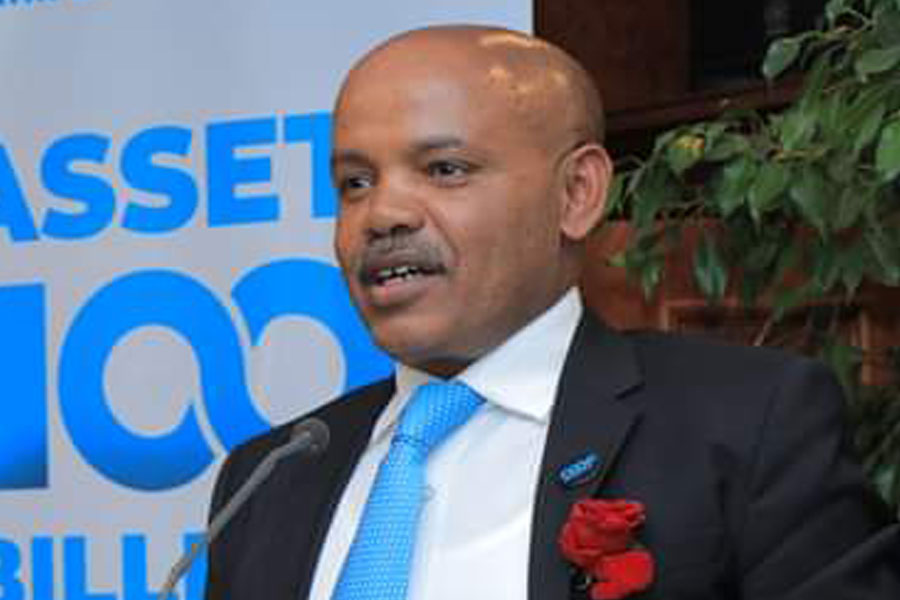
Fortune News | Apr 03,2023
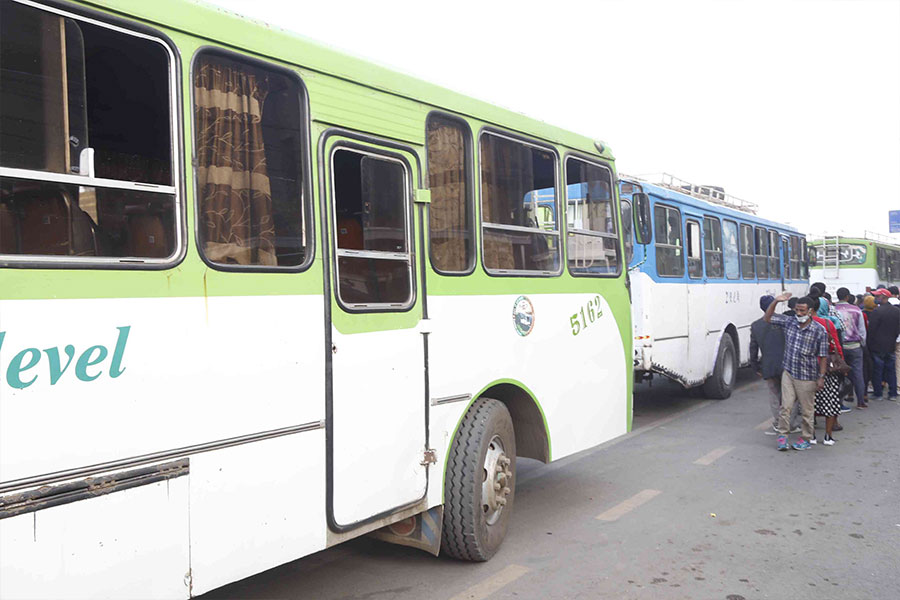
Fortune News | Jul 17,2022

Editorial | Aug 06,2022
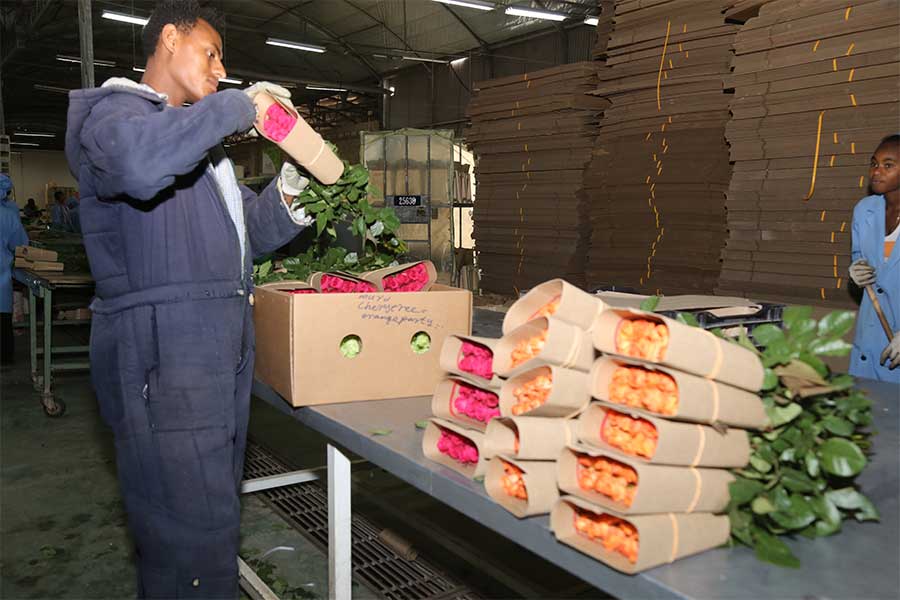
Fortune News | Jun 14,2020

Radar | Apr 12,2020
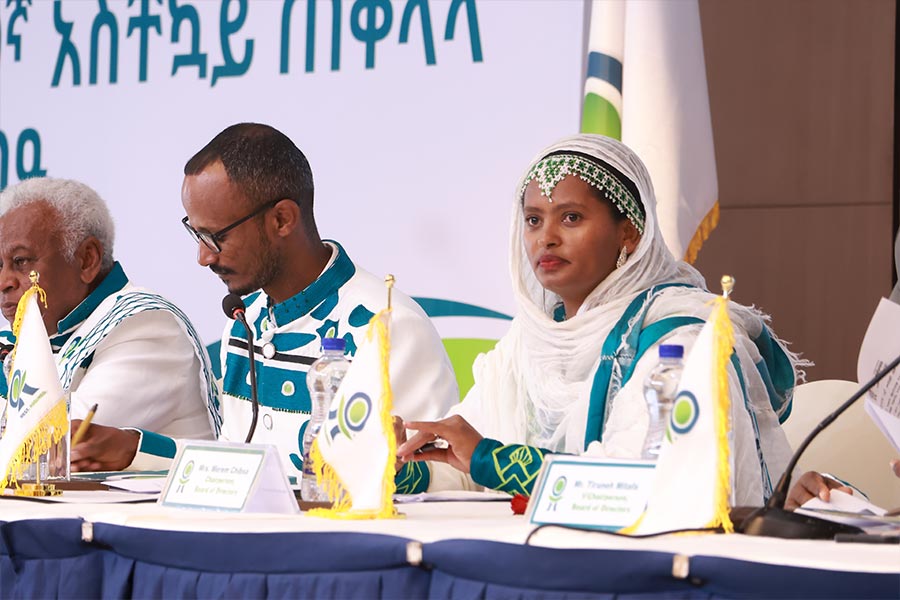
Radar | Dec 02,2023

Dec 22 , 2024 . By TIZITA SHEWAFERAW
Charged with transforming colossal state-owned enterprises into modern and competitiv...

Aug 18 , 2024 . By AKSAH ITALO
Although predictable Yonas Zerihun's job in the ride-hailing service is not immune to...

Jul 28 , 2024 . By TIZITA SHEWAFERAW
Unhabitual, perhaps too many, Samuel Gebreyohannes, 38, used to occasionally enjoy a couple of beers at breakfast. However, he recently swit...

Jul 13 , 2024 . By AKSAH ITALO
Investors who rely on tractors, trucks, and field vehicles for commuting, transporting commodities, and f...

Oct 25 , 2025
The regulatory machinery is on overdrive. In only two years, no fewer than 35 new pro...

Oct 18 , 2025
The political establishment, notably the ruling party and its top brass, has become p...

Oct 11 , 2025
Ladislas Farago, a roving Associated Press (AP) correspondent, arrived in Ethiopia in...

Oct 4 , 2025
Eyob Tekalegn (PhD) had been in the Governor's chair for only weeks when, on Septembe...